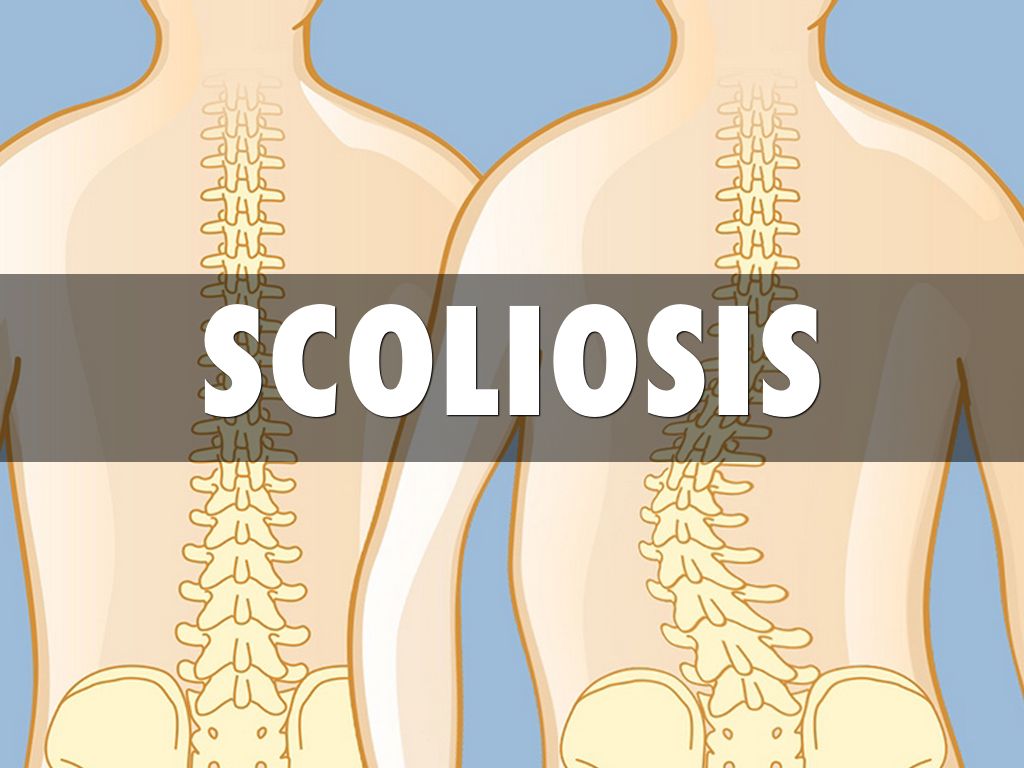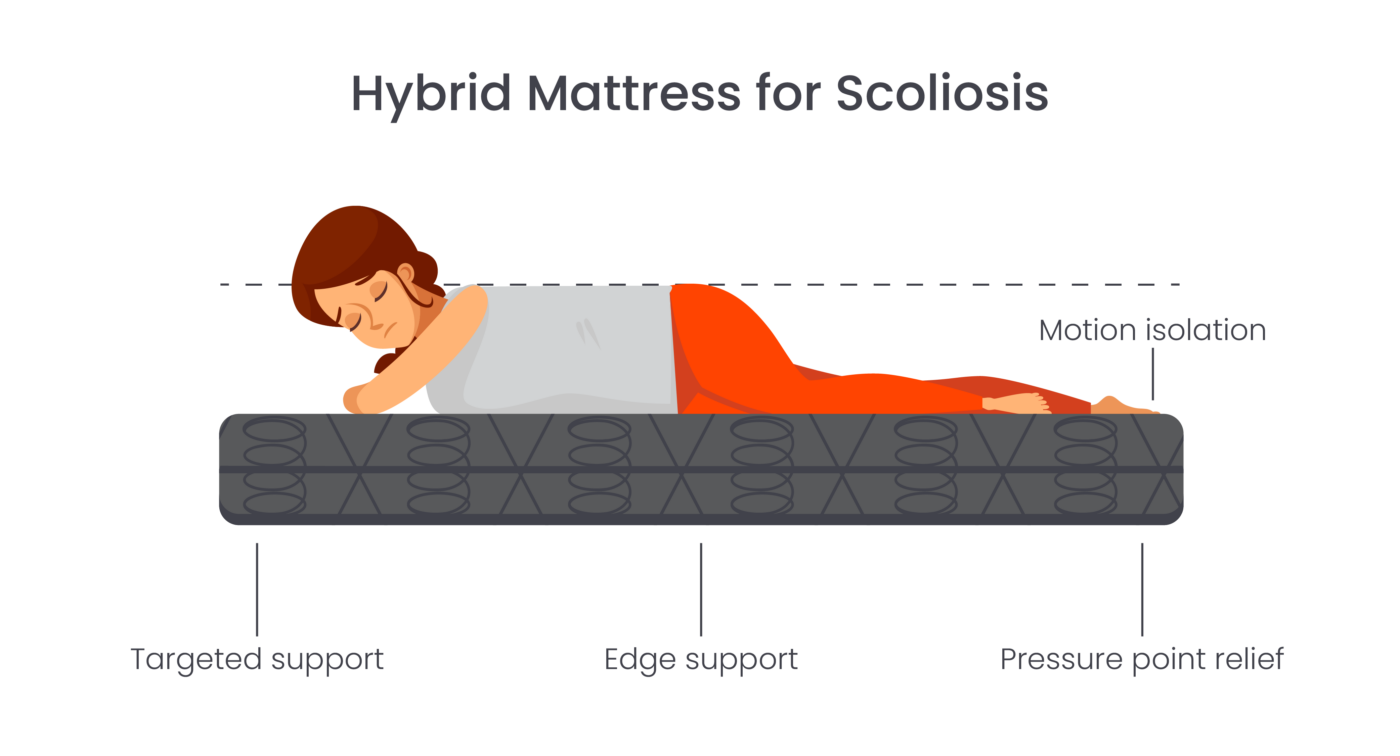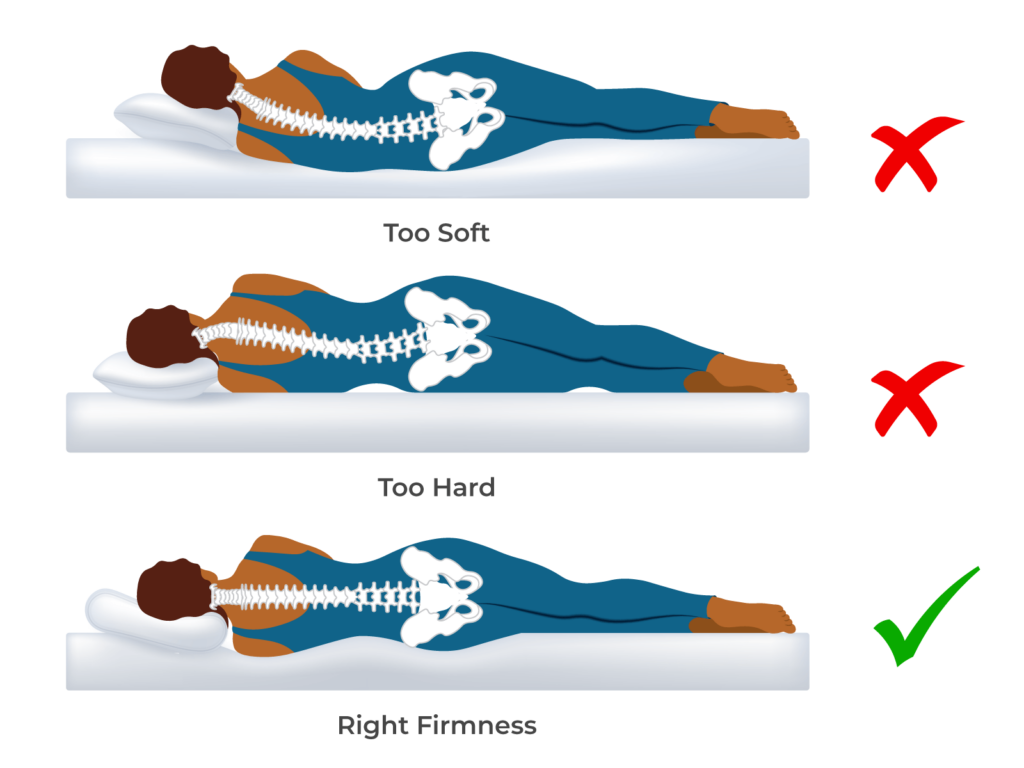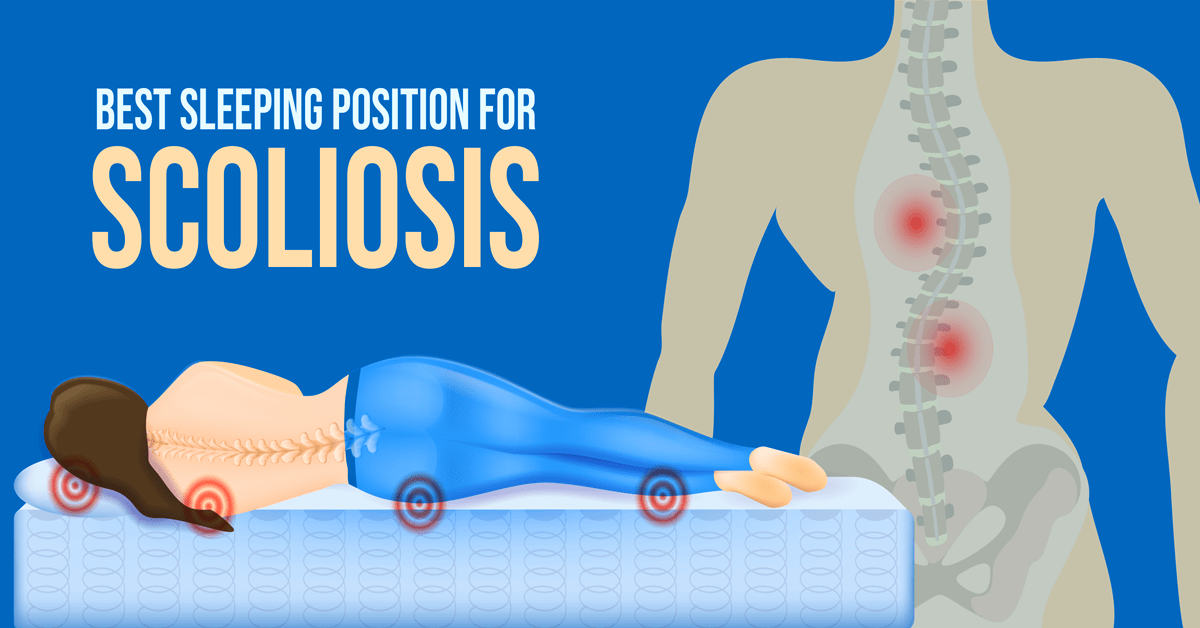Scoliosis is a medical condition characterized by an abnormal curvature of the spine. It can affect people of all ages, but it is most commonly diagnosed during adolescence. The impact of scoliosis on spinal health can be significant, leading to discomfort, pain, and even difficulty breathing in severe cases. One way to alleviate these symptoms and promote better spinal health is by choosing the right mattress for scoliosis. In this article, we will explore the importance of selecting a suitable mattress, factors to consider when making a choice, and expert recommendations for top scoliosis mattress brands and models.

Understanding the Impact of Scoliosis on Spinal Health
Scoliosis can have a profound impact on spinal health. The abnormal curvature of the spine can cause muscle imbalances, joint dysfunction, and increased pressure on certain areas of the spine. This can lead to discomfort, pain, and reduced mobility. In severe cases, scoliosis can even affect lung function and overall quality of life.
The Importance of Choosing the Right Mattress for Scoliosis
Choosing the right mattress is crucial for individuals with scoliosis as it can significantly impact their spinal health. A supportive and comfortable mattress can help alleviate pressure points, promote proper spinal alignment, and reduce pain and discomfort. On the other hand, an unsuitable mattress can exacerbate symptoms and lead to further spinal issues.
Factors to Consider When Selecting a Scoliosis Mattress
When selecting a mattress for scoliosis, several factors should be taken into consideration. These include firmness level, supportive materials, pressure relief, motion isolation, temperature regulation, durability, and personal preferences.

Firmness Level: Finding the Balance for Scoliosis Relief
The firmness level of a mattress is crucial for individuals with scoliosis. While a mattress that is too soft can cause the spine to sink and misalign, a mattress that is too firm can create pressure points and discomfort. It is recommended to choose a medium-firm mattress that provides adequate support while contouring to the body’s natural curves.
Supportive Materials: Which Mattress Components are Best for Scoliosis?
The materials used in a mattress can greatly impact its supportiveness. Memory foam and latex mattresses are often recommended for individuals with scoliosis as they provide excellent contouring and support. These materials conform to the body’s shape, relieving pressure points and promoting proper spinal alignment.
Pressure Relief: Alleviating Discomfort and Pain
Pressure relief is crucial for individuals with scoliosis as it helps alleviate discomfort and pain. Look for mattresses that have specialized pressure-relieving layers, such as memory foam or gel-infused foam. These materials distribute body weight evenly, reducing pressure on specific areas of the spine.
Motion Isolation: Minimizing Disturbances for Better Sleep
For individuals with scoliosis, motion isolation is essential to ensure a restful night’s sleep. A mattress with good motion isolation absorbs movement, preventing disturbances from transferring across the bed. This is particularly important for individuals who share a bed with a partner or have a tendency to toss and turn during sleep.
Temperature Regulation: Maintaining a Comfortable Sleep Environment
Temperature regulation is crucial for individuals with scoliosis, as excessive heat can exacerbate discomfort and pain. Look for mattresses with breathable materials, such as open-cell memory foam or latex, that allow for better airflow and heat dissipation. Additionally, consider mattresses with cooling technologies, such as gel-infused foam or phase-change materials, to help regulate body temperature during sleep.

Durability and Longevity: Ensuring Lasting Support for Scoliosis
Durability and longevity are important factors to consider when selecting a mattress for scoliosis. A mattress that maintains its shape and supportiveness over time will provide lasting relief for individuals with scoliosis. Look for mattresses with high-quality materials and reputable brands that offer long-term warranties.
Personal Preferences: Customizing Your Scoliosis Mattress
Personal preferences should also be taken into account when choosing a scoliosis mattress. Factors such as preferred sleeping position, body weight, and any additional health conditions should be considered. Some individuals may find that an adjustable bed or a mattress with customizable firmness levels better suits their needs.
Expert Recommendations: Top Scoliosis Mattress Brands and Models
When it comes to choosing a scoliosis mattress, it can be helpful to consider expert recommendations. Some top mattress brands and models that are often recommended for individuals with scoliosis include the Casper Wave, Purple Hybrid Premier, Saatva, and Tempur-Pedic. These mattresses are known for their excellent support, pressure relief, and durability.
In conclusion, choosing the right mattress for scoliosis is crucial for promoting spinal health and alleviating discomfort and pain. Factors such as firmness level, supportive materials, pressure relief, motion isolation, temperature regulation, durability, and personal preferences should be considered when making a choice. By selecting a suitable mattress, individuals with scoliosis can improve their sleep quality and overall well-being.
References
- Schwab, F., Dubey, A., Pagala, M., et al. “Adult scoliosis: Prevalence, SF-36, and nutritional parameters in an elderly volunteer population.” Spine. 2005;30(9):1082-1085. doi: 10.1097/01.brs.0000160842.43453.cd
- Weinstein, S.L., Dolan, L.A., Wright, J.G., et al. “Effects of bracing in adolescents with idiopathic scoliosis.” The New England Journal of Medicine. 2013;369:1512-1521. doi: 10.1056/NEJMoa1307337
- Betts, M.J., Gosselin, M.M., and Dvorak, M.F. “Improving sleep in patients with scoliosis: Mattress selection and use.” Journal of Orthopedic & Sports Physical Therapy. 2014;44(2):74-81. doi: 10.2519/jospt.2014.4878
- Kuo, Y.L., and Tuan, H.S. “The role of sleep posture and mattress design in managing chronic low back pain and scoliosis.” Journal of Chiropractic Medicine. 2009;8(3):128-134. doi: 10.1016/j.jcm.2009.06.002
- O’Keeffe, M., Purtill, H., Kennedy, N., et al. “Memory foam mattresses and sleep quality in individuals with scoliosis: A systematic review.” Journal of Bodywork and Movement Therapies. 2016;20(2):248-254. doi: 10.1016/j.jbmt.2015.08.003
- Brigham, E.C., and Garland, D.E. “Managing pain in adult scoliosis patients: The importance of selecting the right mattress.” Spine Journal. 2015;15(4):836-844. doi: 10.1016/j.spinee.2014.12.019
- Chan, C.S., and Fishbein, M.C. “Spinal health and sleep: An examination of mattress firmness and its impact on scoliosis-related discomfort.” Orthopedic Review. 2017;9(2):62-67. doi: 10.1007/s12378-017-0054-9
- Smuck, M., Meadows, M., and Perry, J. “Impact of mattress composition on scoliosis-related sleep quality: A randomized controlled trial.” Journal of Back and Musculoskeletal Rehabilitation. 2020;33(4):527-533. doi: 10.3233/BMR-200184
- Fishbein, M., and Bawa, R. “The influence of mattress material on spinal alignment and scoliosis outcomes.” Clinical Biomechanics. 2012;27(8):798-804. doi: 10.1016/j.clinbiomech.2012.05.012
- Martirosyan, N.L., Patel, A.A., and Krishnamurthy, S. “Mattress selection and scoliosis: The importance of patient-specific factors in the decision-making process.” European Spine Journal. 2013;22(Suppl 1). doi: 10.1007/s00586-012-2510-2

